The Twenty Second lecture "Ergodicity, entanglement and many-body localization" in Open RQC Colloquium will be held in NUST MISIS
From 10:00 until 11:30
At NUST MISIS
Moscow, Leninskiy prospekt 4
RQC / k.kolesnik@rqc.ru
The Twenty Second lecture "Ergodicity, entanglement and many-body localization" in Open RQC Colloquium will be held in National University of Science and Technology MISIS (Moscow, Leninskiy prospekt 4) lecture hall № Б-536 (5th floor), on 14th of April 2017 at 10:00 a.m by Dmitry Abanin, Professor of Physics, University of Geneva.
Abstract
We are used to describing systems of many particles by statistical mechanics. However, recently it was realized that the basic postulate of statistical mechanics – ergodicity -- breaks down in so-called many-body localized systems, where disorder prevents particle transport and thermalization. In this talk, I will describe the theory of the many-body localized (MBL) phase, based on new insights from quantum entanglement. I will argue that, in contrast to ergodic systems, MBL eigenstates are not highly entangled, but rather obey so-called area law, typical of ground states in gapped systems. I will use this fact to show that MBL phase is characterized by an infinite number of emergent local conservation laws, in terms of which the Hamiltonian acquires a universal form. Turning to the experimental implications, I will show that MBL systems exhibit a universal response to quantum quenches: surprisingly, entanglement shows logarithmic in time growth, reminiscent of glasses, while local observables exhibit power-law approach to “equilibrium” values. I will close by discussing other recent developments in exploring ergodicty and its breakdown in quantum many-body systems.
Biography
Dmitry Abanin obtained his PhD degree from the Massachusetts Institute of Technology in 2008, working on quantum transport in graphene under the guidance of Prof. Leonid Levitov. After working as a postdoctoral researcher at Princeton University (PCTS Fellow), and Harvard University, in 2013 he became an assistant professor at the Perimeter Institute for Theoretical Physics in Canada, as well as at the Institute for Quantum Computing. In 2015, Abanin moved to the University of Geneva, Switzerland, as a full professor of physics. Abanin's research interests include quantum transport, quantum information, and non-equilibrium quantum phenomena, including quantum thermalization and many-body localization. His work has been recognized by awards from the Alfred Sloan Foundation and Ontario Early Career Award.
Please don't forget to take passport for entering to the University. We will meet you at the guard desk.
FREE ENTRANCE.





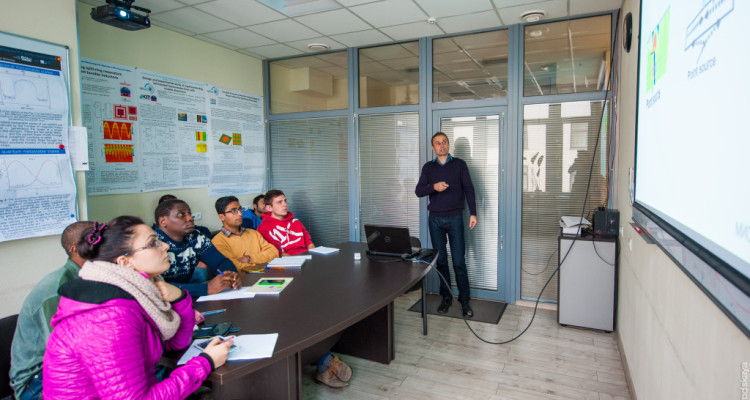
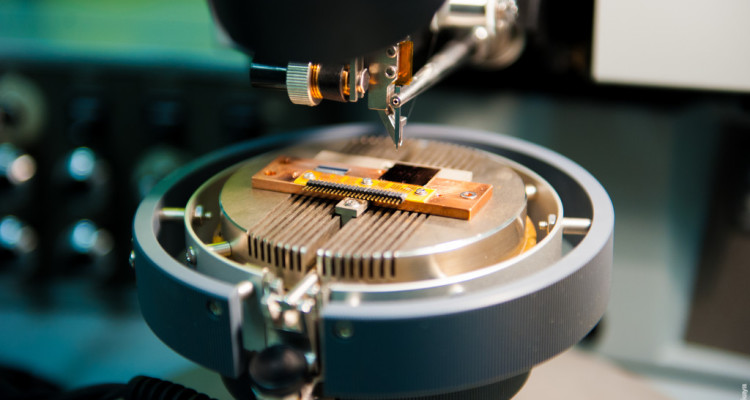
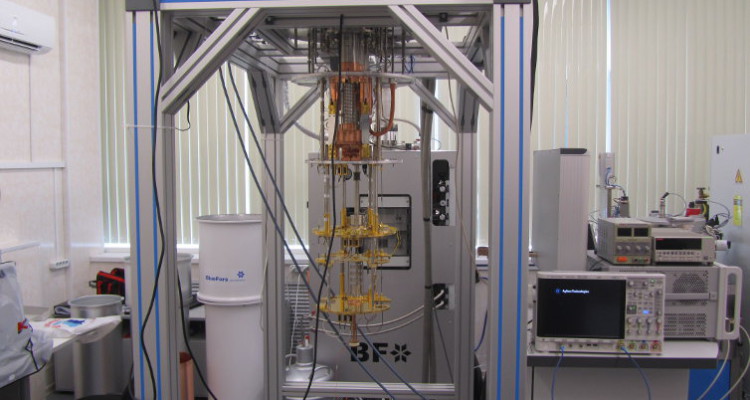
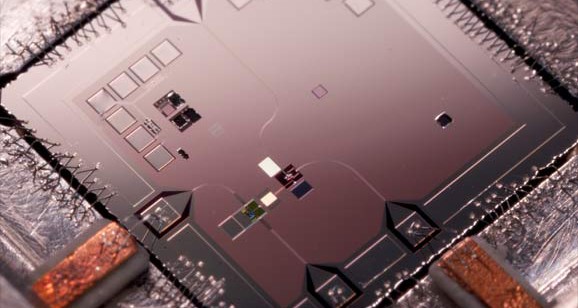
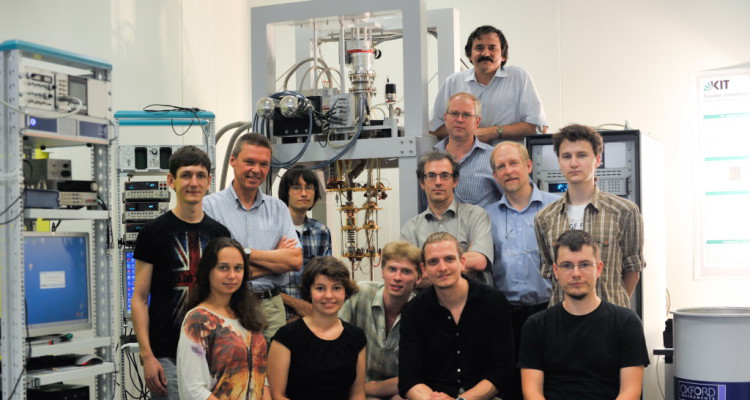
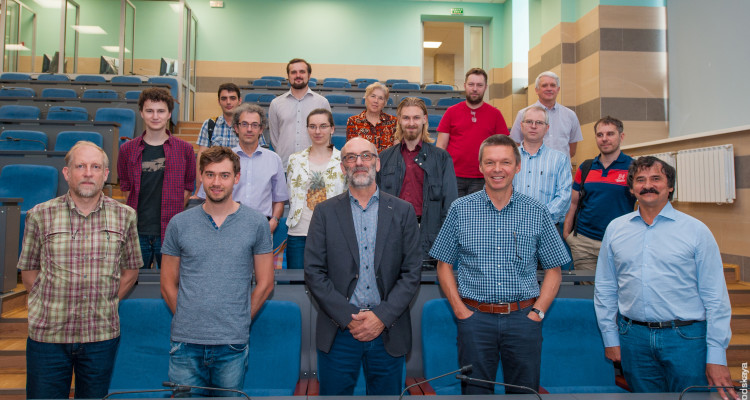
 11 April 2017
11 April 2017 